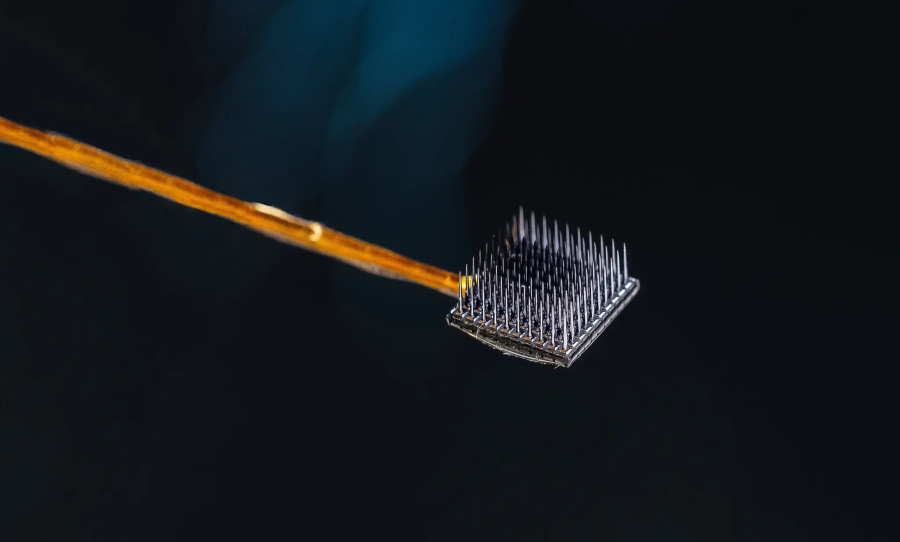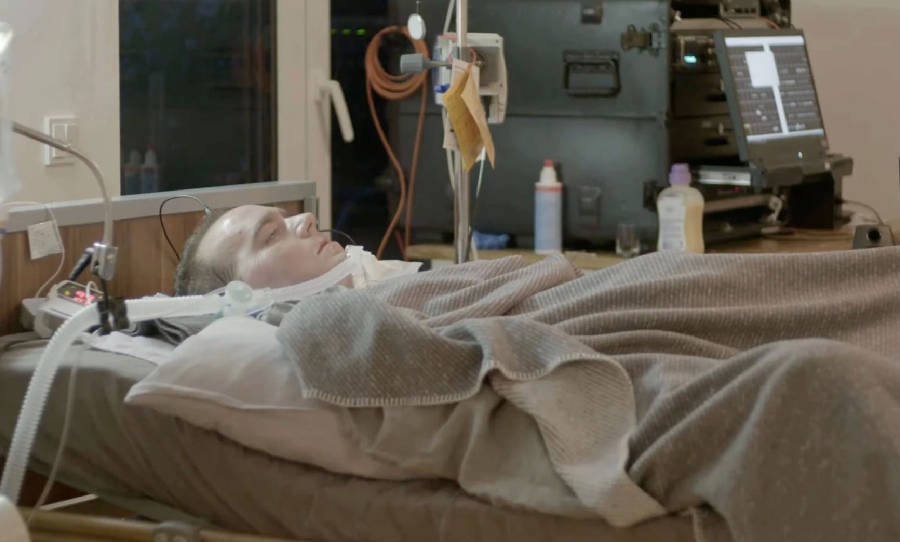After asking for a beer and ordering a curry, the patient suffering total body paralysis used a brain chip to listen to Tool “loud”.
A patient suffering from amyotrophic lateral sclerosis (ALS) who is totally paralysed has taken the cake as the world’s greatest Tool fan when after receiving a first-of-its-kind brain implant, he immediately requested to hear a Tool album.
Scientists achieved communication with the patient, who lives with late-stage ALS, via a brain implant that enables him to select letters, forming words and sentences.

“The neurological disease destroys the nerves that control movement. Most people patients die within five years of diagnosis. When a person with ALS can no longer speak, they can use an eye-tracking camera to select letters on a screen,” reads Science.org.
The 36-year-old patient began treatment with a research team at the University of Tübingen in Germany in 2018. His condition at the time allowed movement of his eyes, and he requested “an invasive implant to try to maintain communication with his family, including his young son.” His wife and sister supplied written consent.
Since the insertion of the implant, the patient’s facial movement has deteriorated, making him the first with his condition to communicate with complete paralysis.
Despite the achievement, communication via the implant is a difficult process. The patient can form sentences at a rate of approximately one character per minute.
Reading the patient’s communique is especially heart-warming, revealing how their quality of life has improved with the success of the breakthrough technology: “Goulash soup and sweet pea soup;” “I would like to listen to the album by Tool loud;” and “I love my cool son.”
The success of the implant has come after an arduous process of trial and error with the patient. Researchers would send audible “neurofeedback” tones that the patient would modify and modulate by moving his eyes, which only worked intermittently. The patient could only produce intelligible sentences on 44 out of 107 days of the research project.
Unfortunately, researchers revealed that the patient’s capacity to form longer sentences has deteriorated, and he now “mostly answers yes-or-no questions,” due to scar tissue forming around the implant.
The partial success of the study hold potential promise for patients in similar paralysed situations, including lesser states of conscious or comatose states.



